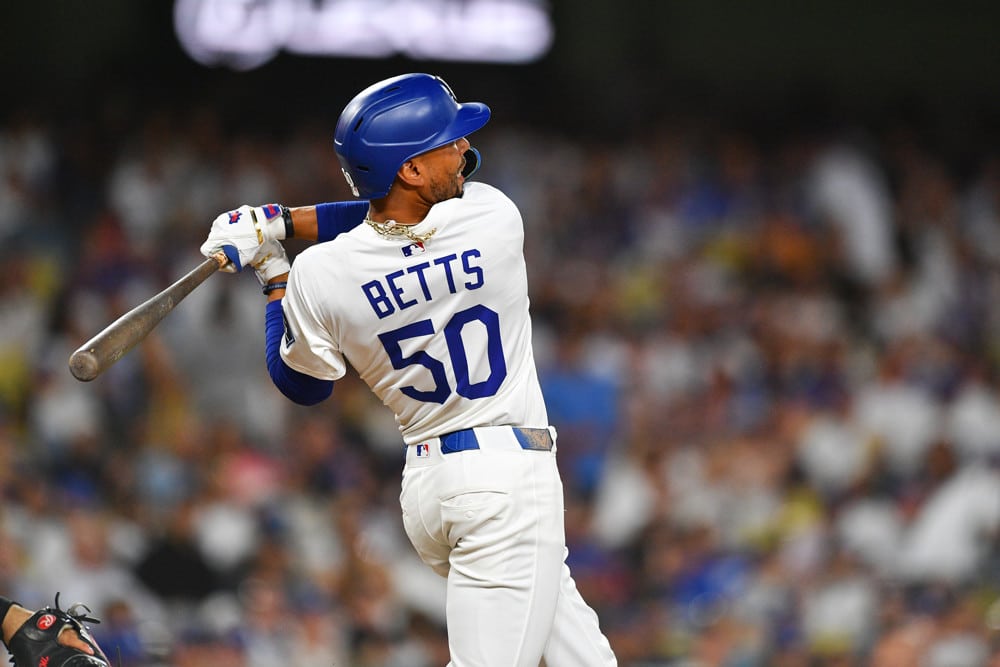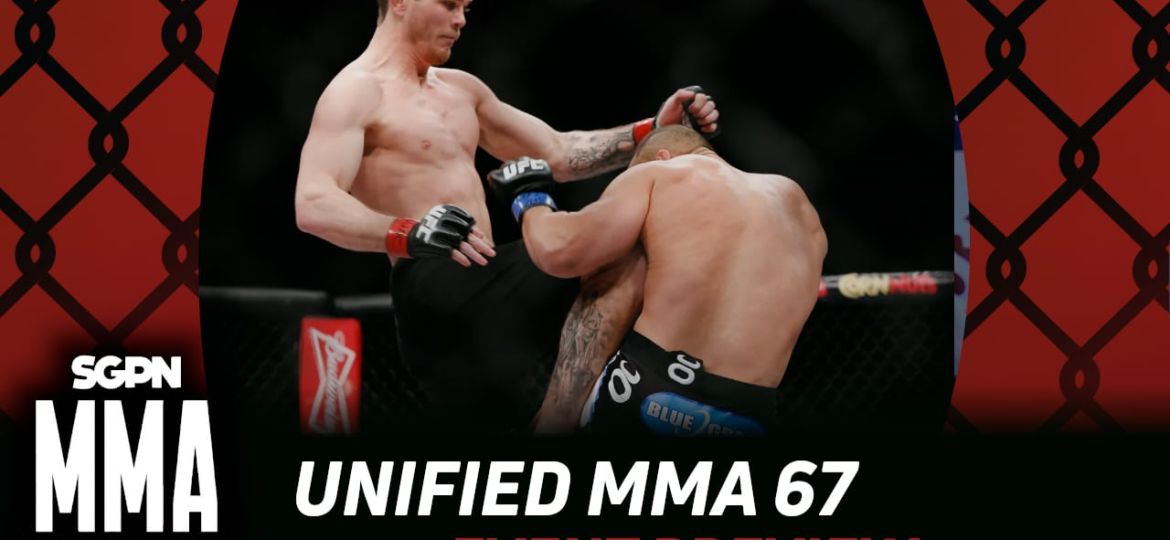 Gambling has long been woven into Hong Kong’s social life, from packed horse racing stands to family mahjong tables. But when the topic shifts from tradition to legalization, public opinion becomes far less predictable.
Gambling has long been woven into Hong Kong’s social life, from packed horse racing stands to family mahjong tables. But when the topic shifts from tradition to legalization, public opinion becomes far less predictable.
A government-backed survey by the Hong Kong Polytechnic University found that gambling is hardly rare; roughly eight out of ten adults said they’d placed a bet in the past year. Most were simple wagers: a few Mark Six tickets, a hand of mahjong with friends or a flutter on the horses.
That mix says a lot about how Hongkongers approach gambling: it’s seen as leisure, not rebellion, but still something that needs boundaries. Even younger respondents—more open to online betting than their parents—favored regulation over a free-for-all.
How Gambling Works in Hong Kong Today
For readers trying to understand how gambling is regulated and where it could go next, this guide by the experts at online-gambling.com breaks down how Hong Kong’s gambling system functions, from the old 1977 Gambling Ordinance to the offshore operators that fill the gap today. In their 2025 guide, they unpack the essentials: which casinos are licensed, how players can check verification details and what safety measures matter most, from encryption to responsible-gambling features.
Even with so many offshore sites now within reach, Hong Kong’s officials have stayed firm on limiting local options. That tug-of-war between easy access and official restraint still dictates how most people see legalization, curious enough to talk about it, careful enough not to rush it.
Hong Kong’s Longstanding Stance on Gambling
The city’s gambling limits go way back. Since the 1977 Gambling Ordinance, only a handful of outlets have been allowed, mainly the Hong Kong Jockey Club, which handles racing, Mark Six draws, a small share of soccer betting markets and potentially, basketball betting too.
That caution comes from long-standing social conservatism and worries about organized crime. Even so, gambling hasn’t gone away. The same study found that regulated play remains part of daily life, with the Mark Six and social mahjong still the most common forms of low-stakes betting, traditions that cut across generations and class lines.
What makes Hong Kong distinct is how people describe those habits. Mahjong and social card play are viewed more as community activities than gambling in the Western sense. That distinction helps explain why public opinion often supports tightly managed betting rather than a full opening of the market.
What the Numbers Reveal About Legalization
When researchers asked directly about legal soccer betting, opinions were split right down the middle. Just over half supported it, a little more than a third didn’t and the rest stayed neutral. The younger crowd — particularly those in their twenties — were noticeably more open to the idea, reflecting how easily they move between apps, data and global betting culture.
Support for online casinos was far lower. Barely a quarter of respondents wanted legalization in that space, with many citing addiction as their biggest worry. Only about two percent of respondents showed signs of potential problem gambling. It’s not a crisis, but it’s enough to make regulators hesitate.
When you stack Hong Kong against other countries, it lands right in the middle. More people gamble legally here than in the United States, but far fewer than in places like Sweden or Australia, where regulation is second nature. Those numbers tell you plenty: people are fine with betting, just not with betting taking over.
Regional Comparison and Cultural Context
Look just across the Pearl River Delta and you’ll find Macau, a city built on casino lights and billion-dollar turnover. Hong Kong could follow that route, but it hasn’t. Here, the idea of legalization sparks social debate more than financial ambition.
Researchers noted that early exposure often comes through social settings, such as family gatherings or community games, which helps explain why small-stakes play feels familiar to many Hongkongers. That sense of normality, the study warned, can make gambling seem routine, one reason policymakers continue to tread carefully around further legalization.
At the same time, it’s clear that prohibition alone won’t make the issue disappear. Offshore websites continue to attract Hong Kong players, and some academics argue that allowing limited legal options could reduce illegal betting and redirect funds into public education and treatment programs.
A Defensive Form of Liberalization
Instead of throwing open the doors to casinos, the study recommended a limited model: adults only, strict spending controls and clear financial oversight. It also called for helplines, education funding and mandatory warnings on licensed sites. Banks, the authors suggested, should do their part to help block unregulated offshore payments.
All of that fits the public mood. Most Hongkongers see gambling as part of social life but still want barriers against excess. If legalization ever expands, it’s likely to happen carefully and step by step.
Where Hong Kong’s Gambling Debate Goes Next
Public opinion in Hong Kong reflects both heritage and hesitation. Gambling has deep cultural roots, yet residents still prefer a system that prizes control over expansion. The enduring popularity of the Jockey Club’s racing and lottery programs shows that trust, not novelty, keeps people involved.
For now, gambling in Hong Kong sits in a familiar middle ground; tolerated, tightly managed and watched with one eye on social responsibility. It’s a city that enjoys a flutter but also has enough self-awareness to understand where the line should be. Any move toward legalization will likely follow that same instinct: steady, pragmatic and rooted in public trust rather than quick profit.





















